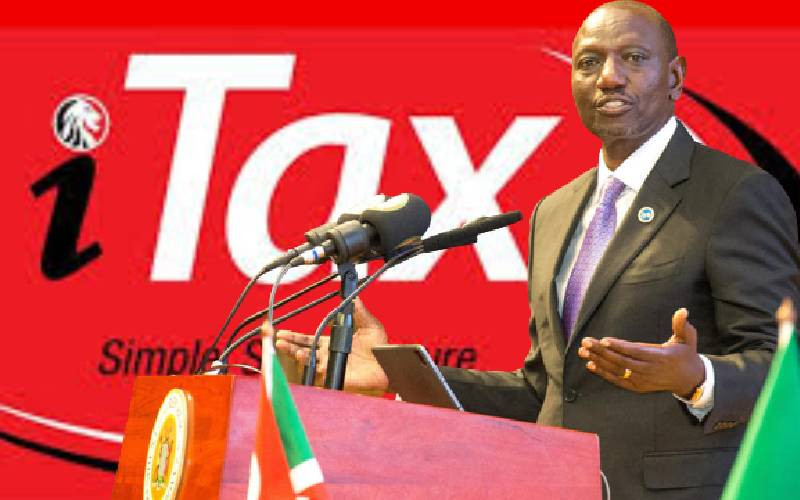×
The Standard e-Paper
Join Thousands Daily

Kenyans will continue paying higher taxes imposed by the Finance Act after the Supreme Court declined to stop its implementation.
A seven-judge bench of the apex court dismissed an appeal by Busia Senator Okiya Omtatah seeking to reinstate the orders that froze the Finance Act on the basis that parties in the dispute had filed their submissions outside the given timeline.